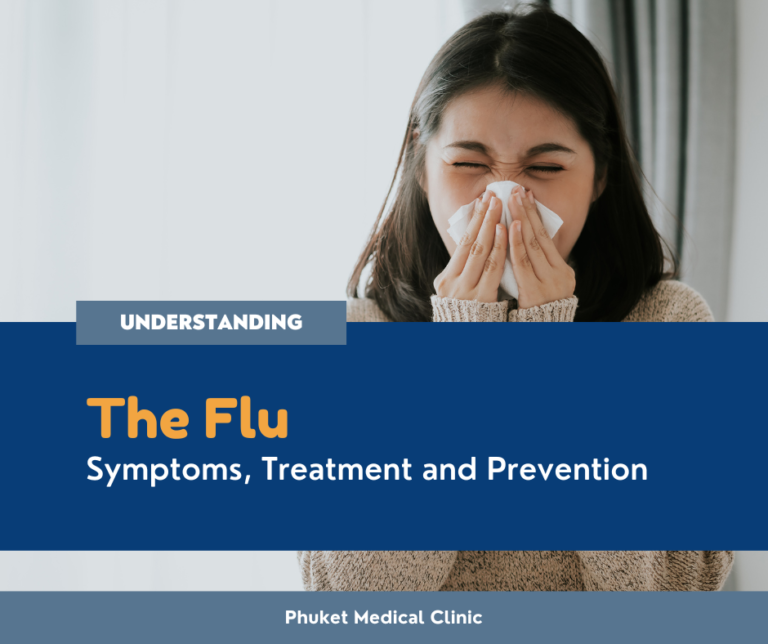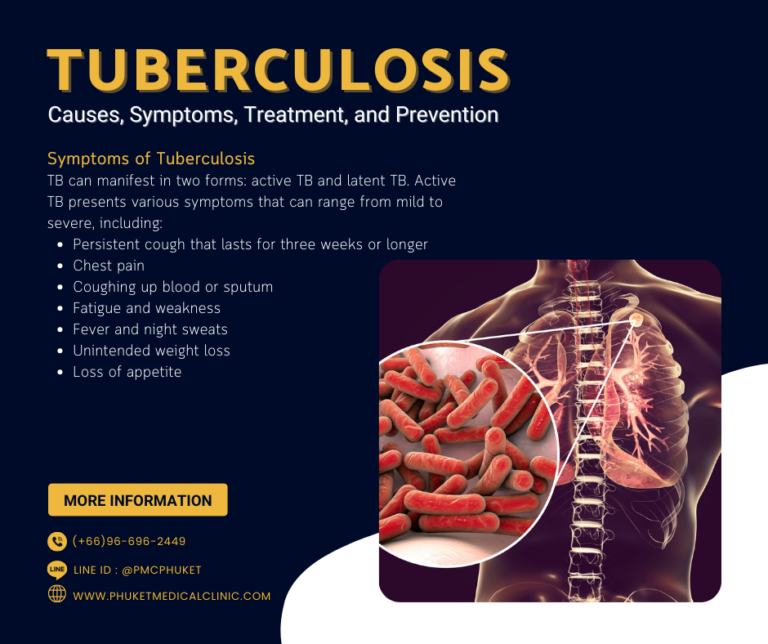Toxoplasmosis is a parasitic infection caused by the protozoan Toxoplasma gondii. While it is often asymptomatic in healthy individuals, it can pose serious risks to certain populations, including pregnant women and individuals with compromised immune systems. In this article, we will delve into the causes, symptoms, and preventive measures associated with toxoplasmosis.
Causes of Toxoplasmosis
Toxoplasmosis is primarily caused by the ingestion of the T. gondii parasite. The most common sources of infection include:
- Consumption of Contaminated Food: Undercooked or raw meat, particularly lamb and pork, can harbor the T. gondii parasite.
- Contact with Infected Cat Feces: Cats are the primary hosts of T. gondii, and the parasite is shed in their feces. Direct contact with cat litter or soil contaminated with infected feces can lead to transmission.
- Transplacental Transmission: Pregnant women can transmit the infection to their unborn child if they become infected during pregnancy.

Symptoms of Toxoplasmosis
Toxoplasmosis often presents with mild or no symptoms in healthy individuals. However, certain groups may experience more severe symptoms:
- Flu-Like Symptoms: Fever, headache, muscle aches, and fatigue are common in acute cases.
- Ocular Symptoms: In some cases, toxoplasmosis can affect the eyes, causing blurred vision, eye pain, and redness.
- Severe Complications: Immunocompromised individuals may experience severe complications, such as encephalitis or pneumonia.
Treatment for toxoplasmosis
Most people who get toxoplasmosis get better without treatment.
- Healthy people (nonpregnant)
Most healthy people recover from toxoplasmosis without treatment. Persons who are ill can be treated with a combination of drugs such as pyrimethamine and sulfadiazine, plus folinic acid. - Pregnant women, newborns, and infants
Pregnant women, newborns, and infants can be treated, although the parasite is not eliminated completely. The parasites can remain within tissue cells in a less active phase; their location makes it difficult for the medication to completely eliminate them. - Persons with ocular disease
Persons with ocular toxoplasmosis are sometimes prescribed medicine to treat active disease by their ophthalmologist. Whether or not medication is recommended depends on the size of the eye lesion, the location, and the characteristics of the lesion (acute active, versus chronic not progressing). - Persons with compromised immune systems
Persons with compromised immune systems need to be treated until they have improvement in their condition. For AIDS patients, it may be necessary to continue medication for the rest of their lives, or for as long as they are immunosuppressed.
If you’re seriously ill, you may need to be treated in hospital.
Preventive Measures
- Cook Meat Thoroughly: To reduce the risk of T. gondii transmission, ensure that meat is cooked to a safe temperature, eliminating any potential parasites.
- Practice Good Hygiene: Wash hands thoroughly after handling raw meat, and maintain cleanliness when handling cat litter or soil that may be contaminated with cat feces.
- Avoid Raw or Undercooked Eggs: Similarly, avoid consuming raw or undercooked eggs, as they may also be a source of T. gondii.
- Pregnancy Precautions: Pregnant women should take extra care to avoid handling cat litter and should practice safe food handling to prevent transmission to the unborn child.
- Keep Cats Indoors: Limiting a cat’s exposure to potential sources of infection can reduce the risk of transmission.
Toxoplasmosis is a widespread parasitic infection with varying degrees of severity. While it may be asymptomatic in many cases, understanding the causes, symptoms, and preventive measures is crucial, especially for at-risk populations. By adopting good hygiene practices and making informed choices regarding food consumption, individuals can minimize the risk of toxoplasmosis and protect their overall health. If symptoms arise, seeking medical attention promptly is essential for proper diagnosis and management.
Toxoplasmosis – Diagnosis and Treatment at Phuket Medical Clinic
Phuket Medical Clinic : Close, Expert Care. Dedicated Medical Professionals and Skilled Team providing Consultation and Treatment. Walk-in or Scheduled Appointments for Convenient and Efficient Services.
Book an appointment online : https://phuketmedicalclinic.youcanbook.me
Daily Open 🕙 10:00-18:00
Contact number ☎️ 096-696-2449
Line id : @pmcphuket or https://lin.ee/R1TKRDo
Map 📌https://goo.gl/maps/xu45eTQUTjgpukJa7
Website 🌐https://pmcclinicphuket.com
Feel free to consult with a doctor or ask further questions anytime.
Inbox : m.me/100483916443107
#healthcareclinic #คลินิกภูเก็ต
Phuket #Clinic #ภูเก็ตเมดิคอลคลินิก
#Phuketmedicalclinic






